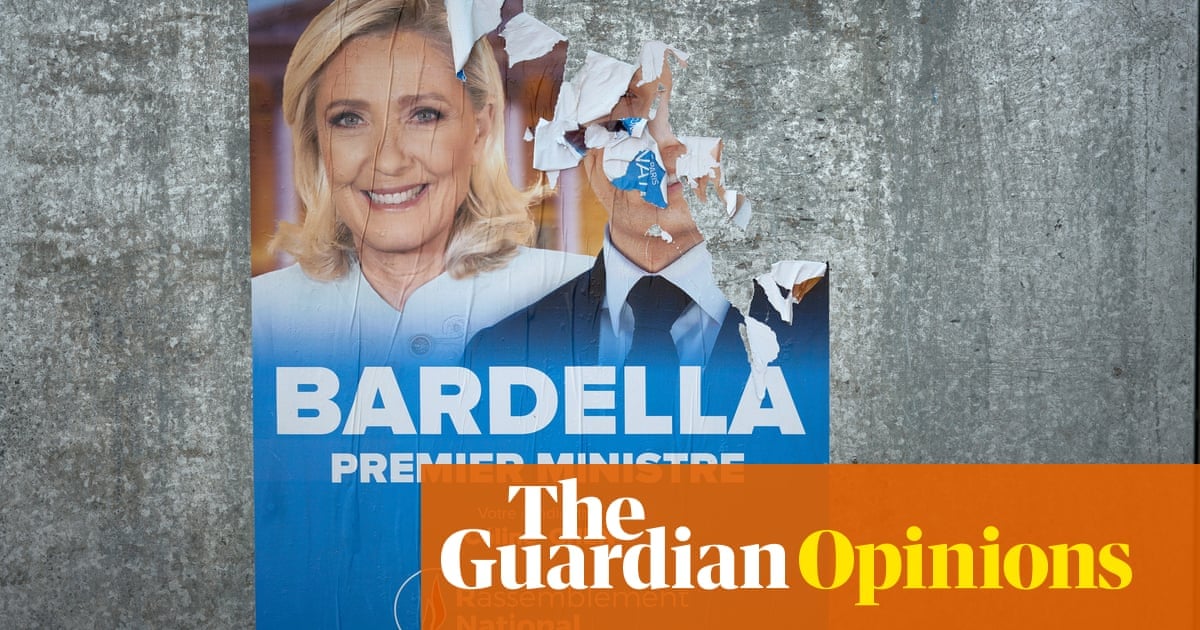

This distinction was first tentatively suggested by the grammarian Robert Baker in 1770,[3][1] and it was eventually presented as a rule by many grammarians since then.[a] However, modern linguistics has shown that idiomatic past and current usage consists of the word less with both countable nouns and uncountable nouns so that the traditional rule for the use of the word fewer stands, but not the traditional rule for the use of the word less.[3] As Merriam-Webster’s Dictionary of English Usage explains, "Less refers to quantity or amount among things that are measured and to number among things that are counted.”
“Correct” was a suggestion by someone which got over zealously picked up by grammarians despite in flying in the face of common usage. There is no acedemy of English to dictate that this rule change is the one true way of speaking and even if there was it would have about as much effect as the French one trying to suppress “le weekend”.






No, correctness is defined by usage. There is no high authority that lays down rules and you are wrong if you break them. 100 years ago you would have been considered incorrect if you asked “who am I speaking to?” rather than “To whom am I speaking?”. There wasnt a committee meeting some time in the 50s where it was decided to change the rules and depreciate cases in who/whom it just happened naturally and what is “correct” evolved.
Dictionaries themselves say that that they document how language is used rather than setting rules to follow, hence they now inculde a definition of literally as “not actually true but for emphasis”.